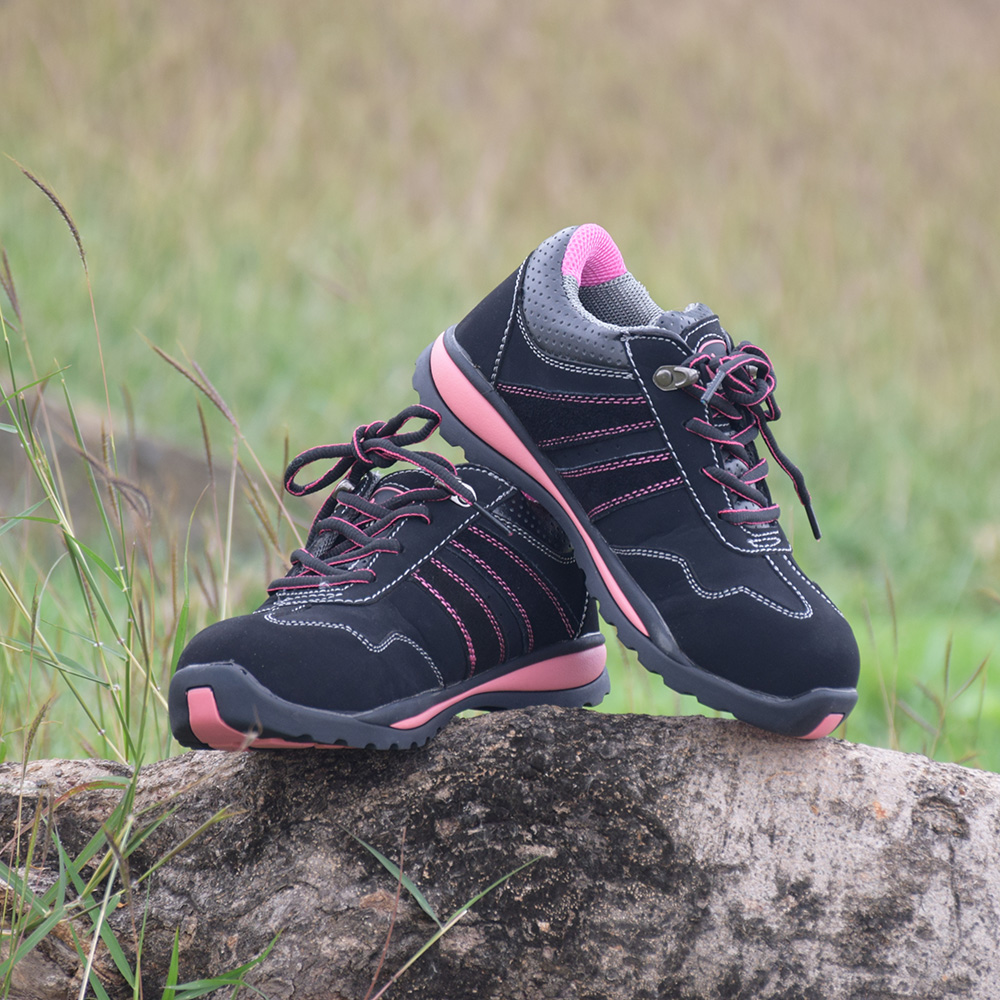
The sequel features a Michael Jackson-small-child-out-of-the-window stunt There is one point when you see him roll his eyes and thinking why am I doing this? A bit like when Jon Pertwee was fighting off a plastic pterodactyl with a broomstick in a cupboard (in Doctor Who: Invasion Of The Dinosaurs). Some would argue that it’s sad really, that Molina, an extraordinarily good actor (see An Education) and philanthropist is reduced to this. It doesn’t take a genius to predict that as soon as Alfred Molina’s Randall Pepperidge said, “If he solves this case, I’m perfectly willing to run around for 24 hours wearing nothing but a tutu carrying a big, pink, fluffy handbag” then he would be wearing a tutu and carrying a big, pink, fluffy handbag for 24 hours by the end of the film. This is a role she would not be likely to accept now as she is a hip, no-nonsense mother. In hindsight, the producers of The Pink Panther must be rather chuffed they got Beyoncé involved in the first film, as she appeared as the girlfriend of the deceased football coach who once owned the pink panther diamond. Although a line – one that’s now clearly offensive – that Clouseau says to Cato in the Sellers movies was reused in The Pink Panther 2, except directed at someone else. The character of Cato was replaced with Ponton, and the character scrapped. Obviously, the idea of Fong is now ridiculously insensitive and un-PC, so naturally Chan turned it down. Cato Fong, the Peter Sellers Clouseau’s faithful manservant was originally going to be in The Pink Panther, the role being offered to Hong Kong action star Jackie Chan. The pronunciation of hamburger then reoccurs through The Pink Panther and its sequel and I still find it hilarious. If you haven’t seen it then you’re missing out on something special. Then you have the greatest scene in both movies, the accent coach training where Clouseau, attempting to mute his ridiculous cadence, fails to pronounce the word hamburger. Clouseau assaults him when he’s not expecting it, and Ponton must defend himself, nearly always subduing his friend. The ‘good one’ joke began as an exercise Clouseau does to try and keep Ponton (Jean Reno) mentally and physically aware of danger.
#PINK PATHER 2 TV#
Recurring gags in TV shows are commonplace nowadays, and when one is spotted in a film (usually once it has spawned sequels) audience members, such as myself, get excited. The logic in the first film felt a bit sounder than the second, but The Pink Panther 2 is still, on the whole, a far more enjoyable film. I enjoy The Pink Panther 2 for just those reasons – the whole thing goes globetrotting, and there’s a larger cast, meaning more suspects. The Pink Panther was a box office success, even though critics were sniffy towards it, and so a sequel came to life, this time with a wider scope and more stars. A long time ago I thought it was only Toy Story 2 that was more popular than the first, but that was a very long time ago. Sequels that supersede their original films are becoming less and less of a rarity.

The sequel’s actually better than the first film Typically fans and critics hate these efforts, and luckily, The Pink Panther never falls into this trap. A lot of reboots often end in disaster because they try to give the original a full-on makeover, trying to make it too ‘current’.

They self-consciously acknowledge the original movies with numerous visual and script references to the earlier films. What I really respect about the Martin movies is that they don’t try to fundamentally rework the Sellers creation. The Pink Panther has been done a few times over the years on big and small screen, but the Steve Martin reboot was easily the biggest and most prominent.

Peter Sellers’ name is now permanently associated with the title of Clouseau, and he was never able to shake off this typecasting in the latter part of his career. If you’re inspired by this piece to revisit the Steve Martin movies, then look out for the more risqué visual jokes and you’ll find yourself surprised. The Pink Panther and its follow-up fall, roughly, into the same category (although neither film, clearly, approaches a Pixar standard) screenwriter Len Blum managed to shoehorn many saucy jokes that only a few would get.

Pixar has the astonishing ability of appealing to the little ‘uns and the oftentimes reluctant adults (what willing parent would take their child to The Smurfs 2?), because they include slapstick jokes that younger audience members could lap up, and witty gags that only the grown-ups could understand. The animation giant Pixar’s summer feature has always lured in feverish children and enthusiastic adults, which, if you really think about it, is where the company’s charm lies.


 0 kommentar(er)
0 kommentar(er)
